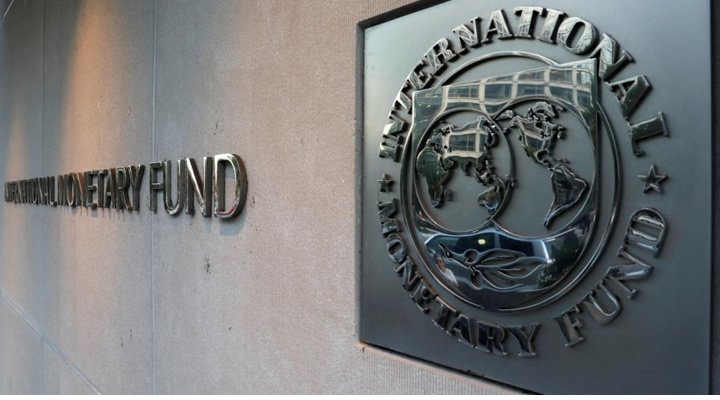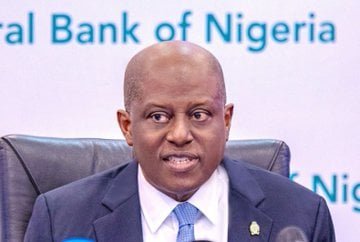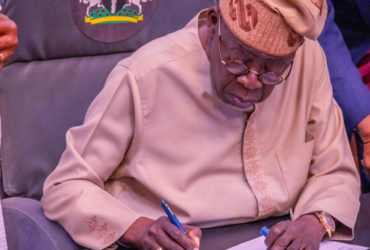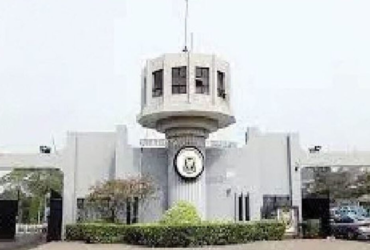Recent data from the Debt Management Office’s external debt service reports reveals that Nigeria has successfully repaid $1.22 billion to the International Monetary Fund over a period of nine months. These payments were made towards principal repayments across three consecutive quarters, from Q4 2023 to Q2 2024.
The detailed breakdown of these repayments indicates that $401.73 million was settled in Q4 2023, followed by $409.35 million in Q1 2024, and $404.24 million in Q2 2024, summing up to a total of $1.22 billion. Consequently, Nigeria’s debt to the IMF has significantly decreased from $3.26 billion in June 2023 to $1.16 billion by June 2024, marking a notable reduction of 64.42% within a year.
Earlier reports suggested that the current administration aimed to clear a $3.4 billion debt owed to the IMF during its tenure. In April 2020, the IMF provided $3.4 billion in emergency financial assistance to Nigeria through the Rapid Financing Instrument to address challenges stemming from the economic impact of COVID-19 in the country.
This emergency financial aid was approved by the IMF Executive Board on April 28, 2020, and disbursed on April 30, 2020, to support Nigeria’s efforts in mitigating the economic repercussions of the pandemic and the decline in oil prices.
It was projected that Nigeria would need to pay off SDR373.81 million ($497.17 million), encompassing principal and interest fees, as part of the loan agreement. Moreover, anticipated payments for 2024 amounted to SDR1.32 billion ($1.76 billion), with expectations for continued repayments in the following years.
In conclusion, the administration’s repayment plan entails settling a total of $3.19 billion to the IMF, indicating a significant portion of the loan has already been repaid. The Central Bank of Nigeria’s 2022 financial statements acknowledged the loan arrangement with the IMF and highlighted the terms and responsibilities associated with the repayment process.















Leave a Reply